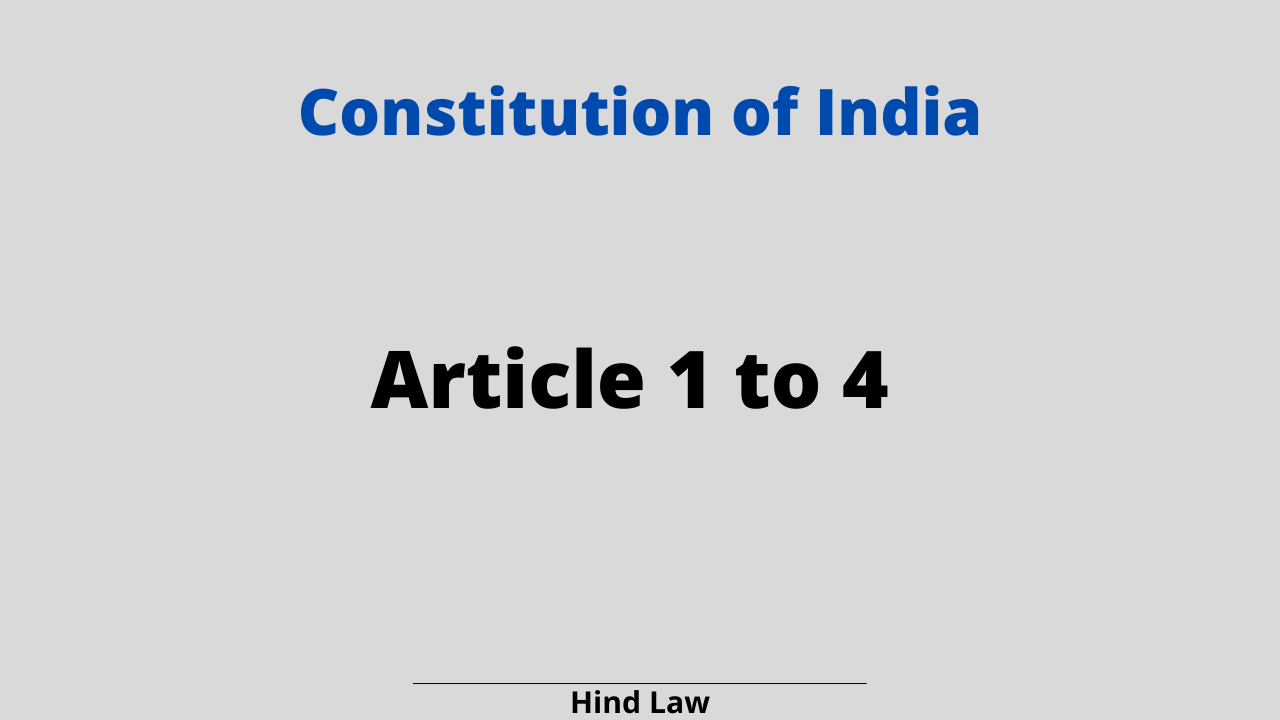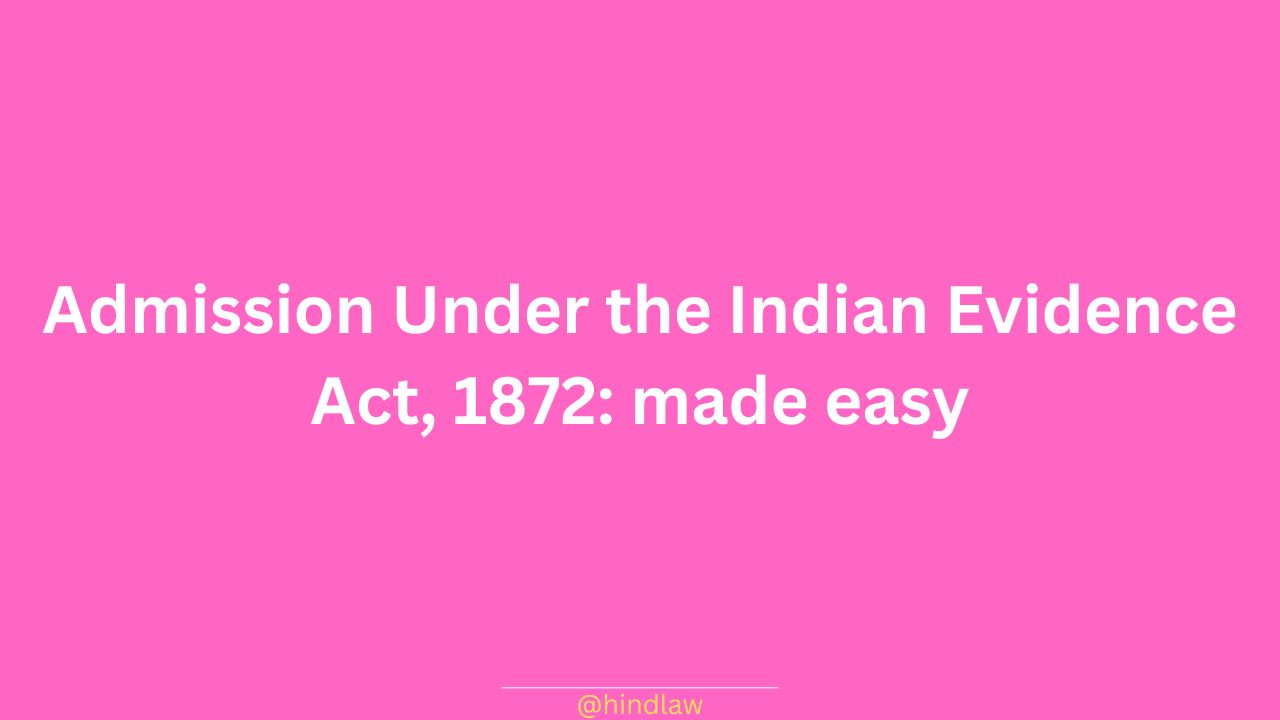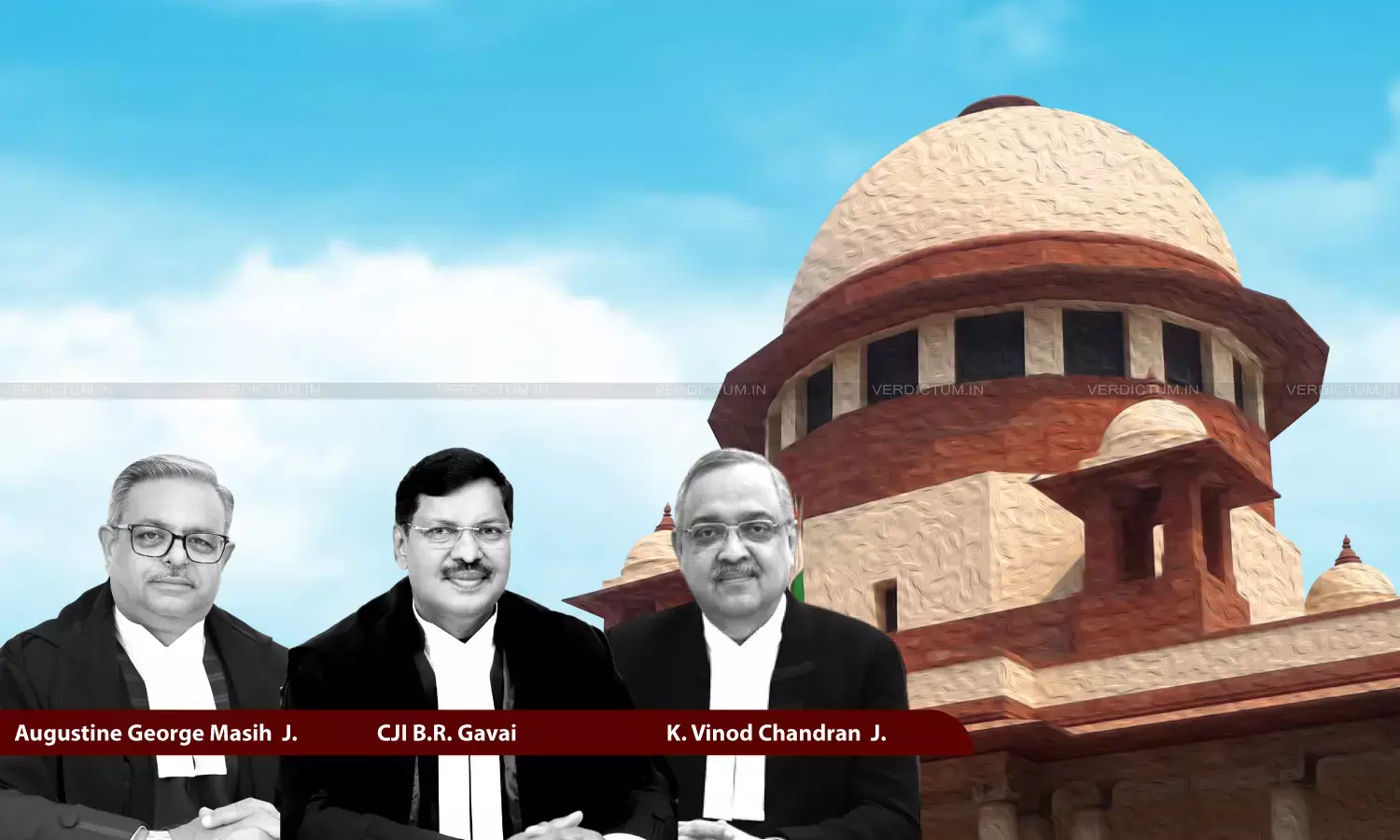Table of Contents
Meaning of Admission
In the domain of Indian law, admissions play an important role in establishing facts and opening the door in order to provide justice. Under the Indian Evidence Act, of 1872, Admissions are defined as statements made by parties involved in legal proceedings that suggest any inference as to the existence of a fact in issue or a relevant fact. These statements can be oral, documentary, or electronic in nature and serve as powerful tools for proving or disproving allegations.
Note: Admission is always made against the person who makes them but there are certain exceptions in which Admissions made in his own favor are also acceptable:
1) Admission made by a person who is dead or not found after making it.
2) when admission is made during severe bodily pain, state of mind is also relevant.
3) when it is forming the part of the same transaction. Ex- Res Jestae..
Types of Admission
Admissions can be broadly categorized into two types: judicial admissions and extra-judicial admissions:
Judicial admissions are statements made by a party in the course of legal proceedings, such as pleadings, depositions, or interrogations. These admissions are considered highly reliable and are generally binding on the party making them.
Extra-judicial Admissions, on the other hand, are statements made by a party outside of the formal legal process, such as conversations, letters, or social media posts. While extra-judicial admissions are generally less conclusive than judicial admissions, they can still be admissible in court if they are relevant and reliable.
Ways to make Admission
- A Written Admission: In a contract dispute, a party acknowledges in a written document that they owe the other party a specific sum of money. This written admission serves as strong evidence in favor of the claimant.
- An Oral Admission: During a traffic accident investigation, the driver admits to the police officer that they were speeding. This oral admission can be used to establish the driver’s negligence.
- Electronic Admission: In a divorce case, a spouse sends an email admitting to their extramarital affair. This electronic admission can be used as evidence in the proceedings.
Who can make Admission
The Indian Evidence Act recognizes various persons who can make admissions, each serving a specific purpose in the legal process:
- Admissions by Parties: These are admissions made by the parties directly involved in the case. They carry significant weight as they represent the parties’ own understanding of the facts.
- Admissions by Agents: Admissions made by agents, such as employees or authorized representatives, are binding on the principal if they were made within the scope of their authority.
- Admissions by Persons with Pecuniary Interest: Admissions made by individuals with a financial stake in the outcome of the case are considered relevant evidence.
- Admissions by Persons of Previous Ownership or Possession: Admissions made by individuals who previously owned or possessed property in dispute are admissible to establish ownership or possession rights.
Admissibility of Admission
The admissibility of admissions is governed by the principles of relevance and trustworthiness. To be admissible, an admission must be relevant to the facts in issue in the case. Additionally, the admission must be made by the persons mentioned above who have personal knowledge of the facts being admitted.
Note: The circumstances under which the admission was made are also considered, as admissions made under duress or coercion are inadmissible.
Cases on Admission
Several landmark cases have shaped the understanding and application of admissions under the Indian Evidence Act. Here are a few notable examples:
1. Case X: In this case, the Supreme Court held that an admission made by an accused person during police interrogation, without proper safeguards, is not admissible in court.
2. Case Y: The Supreme Court emphasized that extrajudicial admissions must be corroborated by independent evidence to be considered reliable.
3. Case Z: The Supreme Court clarified that an admission made by a party to their own advocate is not admissible in court against them.
Importance of Admission
Admissions carry significant weight in legal proceedings due to their inherent credibility. They are considered self-incriminating statements, implying that the party making the admission has knowledge of the facts they are acknowledging.
1. Establishing Facts: Admissions can be used to establish facts without the need for further evidence. This can significantly simplify the proceedings and expedite(speed up) the resolution of the case.
2. Rebutting Claims: Admissions can be used to rebut claims made by the opposing party. For instance, if a defendant in a breach of contract case admits to having entered into the contract, it weakens their defense.
Conclusion
Admissions serve as valuable pieces of evidence in the Indian legal system, providing insights into the facts of a case and potentially influencing the outcome of a legal proceeding. Understanding the principles governing admissions, their types, and their admissibility is crucial for legal professionals and individuals involved in legal disputes.
Also Read >>> Res Gestae Sec. 6












